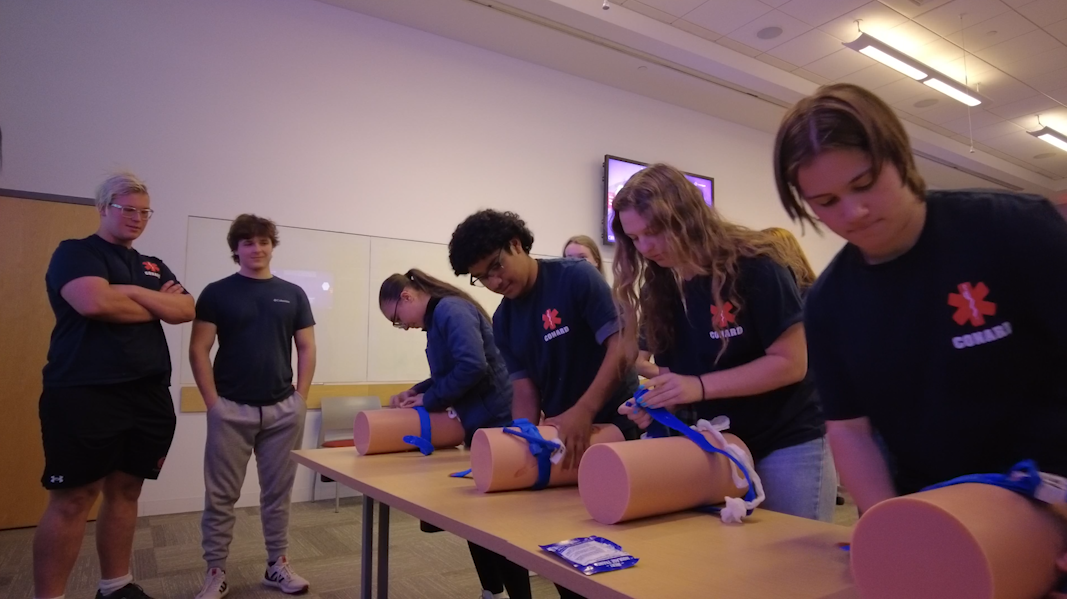Health officials are relaxing recommended restrictions on eating fish caught in the Farmington River after a June 2019 spill of firefighting foam that contained PFAS chemicals.
The state Department of Public Health said Tuesday it is now safe to eat fish caught in the river for one meal per month. Previously the agency was advising against eating any fish caught in the river downstream from the Rainbow Dam in Windsor amid PFAS contamination concerns.
The restrictions have been in place since June 2019, when approximately 40,000 gallons of firefighting foam spilled from a hangar at Bradley International Airport. More foam made it into the river after firefighting crews responded to a deadly plane crash at Bradley in October 2019. That foam is known to contain potentially dangerous PFAS chemicals.
PFAS, or per-and-polyfluorinated alkyl substances, have been tied to adverse reproductive, developmental, liver and kidney effects.
Health officials released the original advisory after the spill and have been testing for elevated levels of PFAS in fish tissues. The first set of testing was conducted in July 2019 and showed elevated PFAS levels considered unsafe for human consumption. A second set of testing conducted in September 2019 showed significantly lower levels of PFAS.
While the second set of testing was done before the October plane crash, health officials said the foam released into the river during that incident was significantly less than the first spill and expected to have minimal impact.
Local
While DPH is relaxing the restrictions, they warn that more sensitive groups, such as pregnant women, children under 12 and women planning to become pregnant should adhere strictly to the advice.
American shad caught in the river are considered an exception to the rule and safe for consumption due to the fact that most of the shad found in the Farmington River spend more of their lives in the ocean and were likely not exposed to any of the PFAS releases between June and October 2019.
The June spill prompted local and state leaders to call for airports to replace PFAS foam with safer alternatives. It has also raised concerns about how drinking water may be affected.



